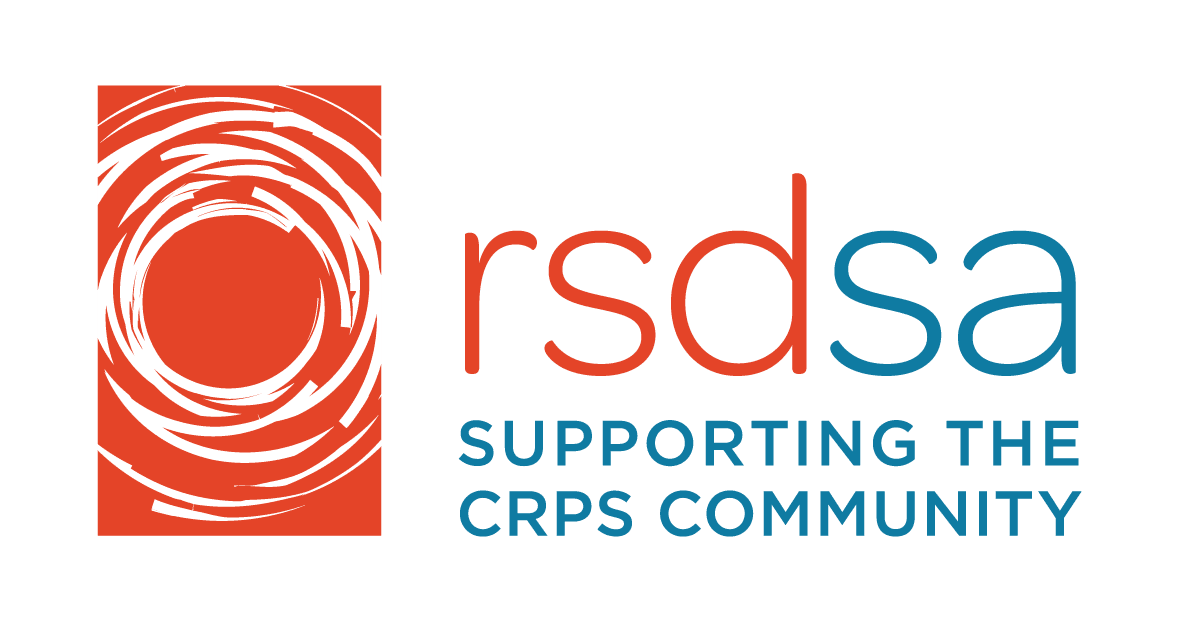By James W. Broatch, MSW, RSDSA Executive Vice President, Director and Marin Blake Cartelli, RSDSA Advocacy Committee
In 1983, The National Organization of Rare Disorders (NORD), working with Representative Henry Waxman was instrumental in advocating for the passage of the Orphan Drug Act (ODA) which brought new hope to the rare disease community by encouraging the manufacture and distribution of new therapies. 35 years ago, when it was introduced, there were only 34 therapies available to treat rare diseases. Today, there are over 700.
Under the ODA drugs, vaccines, and diagnostic agents would qualify for orphan status if they were intended to treat a disease affecting less than 200,000 American citizens. In order to encourage the development of drugs for orphan diseases, the ODA included a number of incentives including seven-year market exclusivity for companies that developed orphan drug, tax credits equal to half of the development costs, later changed to a fifteen-year carry-forward provision and a three-year carry-back that can be applied in profitable year, grants for drug development, fast-track approvals of drugs indicated for rare diseases, and expanded access to the Investigational New Drug Program. The law was also later amended to waive user fees charged under the Prescription Drug User Fee Act.
Since CRPS was designated as a rare disease, a number of pharmaceutical and medical device manufacturers have signaled their intention of sponsoring CRPS clinical trials. Prior to this designation, I could only cite two major RCTs during the last twenty years. A number of corporations have approached me or members of our scientific advisory committee to discuss the feasibility of sponsoring trials now because CRPS has the rare disease moniker. Currently, Grünenthal is sponsoring a clinical trial in the US of neridronic acid, to test its efficacy and safety in people with CRPS.
Last year, Congress cut the incentives for companies to manufacture orphan drugs contained in the ODA by half. Senator Hatch and Reps. Lance and Butterfield have introduced a resolution; (a) applauding the growth in research and development for rare disease therapies, (b) recognizing the continued need for significant research and development efforts to treat and cure rare diseases, and (c) affirming the need to continue support public and private investment in research and development of new treatments for rare diseases.
The RSDSA Board of Directors has voted to support House Resolution 1154. The Board authorized a statement asking RSDSA members to contact their members of Congress to affirm the importance of the Orphan Drug Act, applauding its lifesaving contributions over its 35-year history, and recognizing the need to continue supporting research and development for rare diseases).
A simple message can be-My name is and I reside in your district. I suffer with Complex Regional Pain Syndrome (CRPS), a rare neuroinflammatory disorder which can be very debilitating, incredibly painful, and too often results in disability. Currently there is not even one FDA-approved medication to treat CRPS. I urge you to support H.R. Resolution 1154
To contact your representative, please visit the House.gov website.
If you wish to contact your representatives but are unsure of how to get in touch with their office, please feel free to reach out to us for their contact information. You can email us at [email protected].
